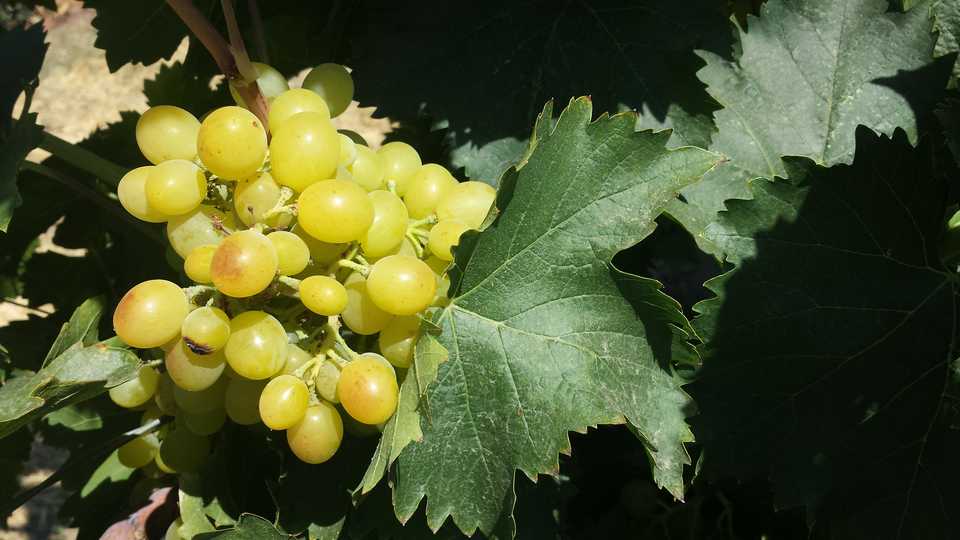
Helping wine grapes keep pace with climate change.
Recent changes in the Earth?s climate mean that humans may not be able to grow some crops in the same areas that they did in the past. Neither scientists nor farmers know exactly how our crops will respond to climate change, which places our food production security at risk. To solve this problem, scientists and agriculturists need a better understanding of how crops will likely respond to future changes in the environment, including their ability to adapt to new conditions. Having this knowledge will allow us to predict where we will be able to grow crops in the future. For crops that cannot adapt quickly enough, we will have to find or breed new races that are up to the challenge.
In a collaborative effort, Dylan and his colleagues from Harvard University and the University of Lund are focusing on wine grapes, a fruit crop that is a multi-billion dollar industry world-wide, as well as an important part of culture in many parts of the world. They are studying timing of important stages in the growth of wine grapes, such as budding and flowering, which are likely to be affected by changes in climate going into the future. Using large ?common gardens? of grapes in California, they are learning how different types of grapes respond to climate. This data will be compared to whole genome DNA sequence data to determine the genetic basis of this response. Once they have an understanding of how different wine grape varieties respond to climate, they will be able to provide predictions to grape growers about where they are likely to be able to grow certain varieties going into the future. For example, will growers of Pinot Noir from northern Sonoma County, California, be able to continue growing this plant in 20 years time, given the type of climate that will likely prevail in that region by 2034? Critically, their work will also provide data on the genetic basis of traits that allow plants to resist changes in climate. This information will allow plant breeders to harness existing genetic variation from obscure or wild grape varieties to create strains that are well adapted to future climates, leading to improved security of this important crop, sustainability of the industry.